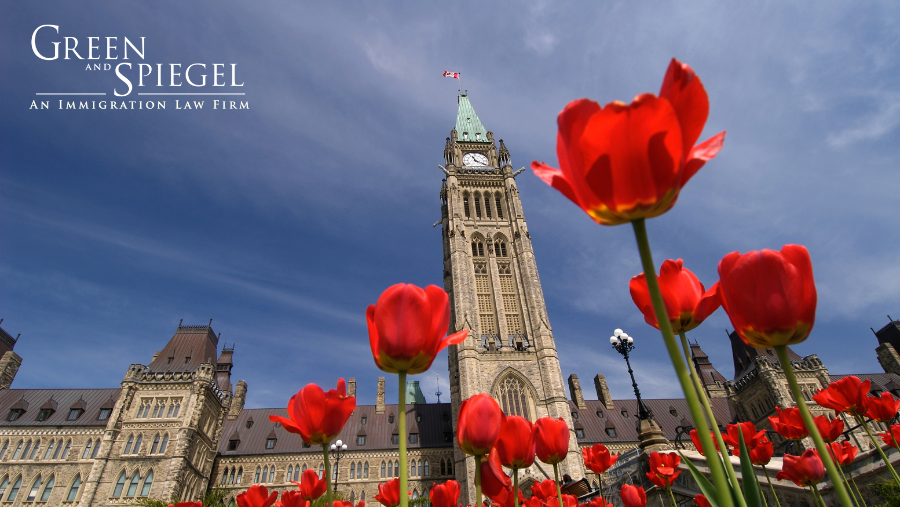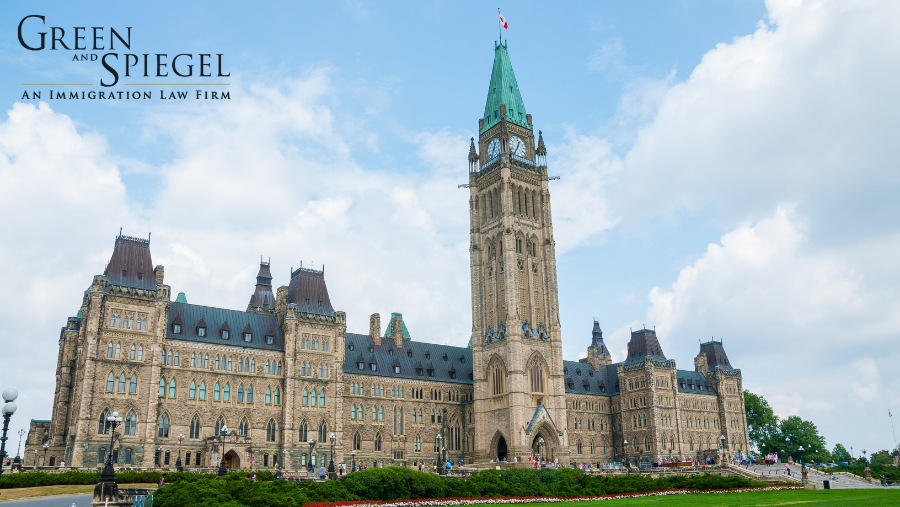Last week, Immigration, Refugees, and Citizenship Canada published a News Release discussing the 2021-2023 Immigration Levels Plan. The Plan is important as it emphasizes the importance of immigration to Canada’s economic recovery from the coronavirus.
“The pandemic has highlighted the contribution of immigrants to the well-being of our communities and across all sectors of the economy. Our health-care system relies on immigrants to keep Canadians safe and healthy. Other industries, such as information technology companies and our farmers and producers, also rely on the talent of newcomers to maintain supply chains, expand their businesses and, in turn, create more jobs for Canadians.”
COVID-19 has impacted immigration to Canada in many ways. Travel restrictions and quarantine requirements have changed who is allowed to enter Canada, and when. Visa office closures and lower capacities have delayed processing times for many applications. However, Canada has recognized that it is precisely during this times that immigration is key to filling crucial labour market gaps and staying competitive on the world stage.
The plan aims to increase the levels of permanent residences accepted to Canada, with 401,000 in 2021, 411,000 in 2022 and 421,000 in 2023. In comparison, Canada accepted 341,180 permanent residents in 2019.
Over half of the permanent resident admissions are set to be economic immigrants. Over 100,000 immigrants are scheduled to receive status through family reunification, such as parent or spousal sponsorship. The remainder will come from refugee or humanitarian classes.
Other significant changes include additional points for French-speaking candidates applying through express entry, the Economic Mobility Pathways Project for qualified refugees, and permanent residence for certain asylum seekers working on the front lines during the pandemic
If you are interested in immigrating to Canada, please contact us.




